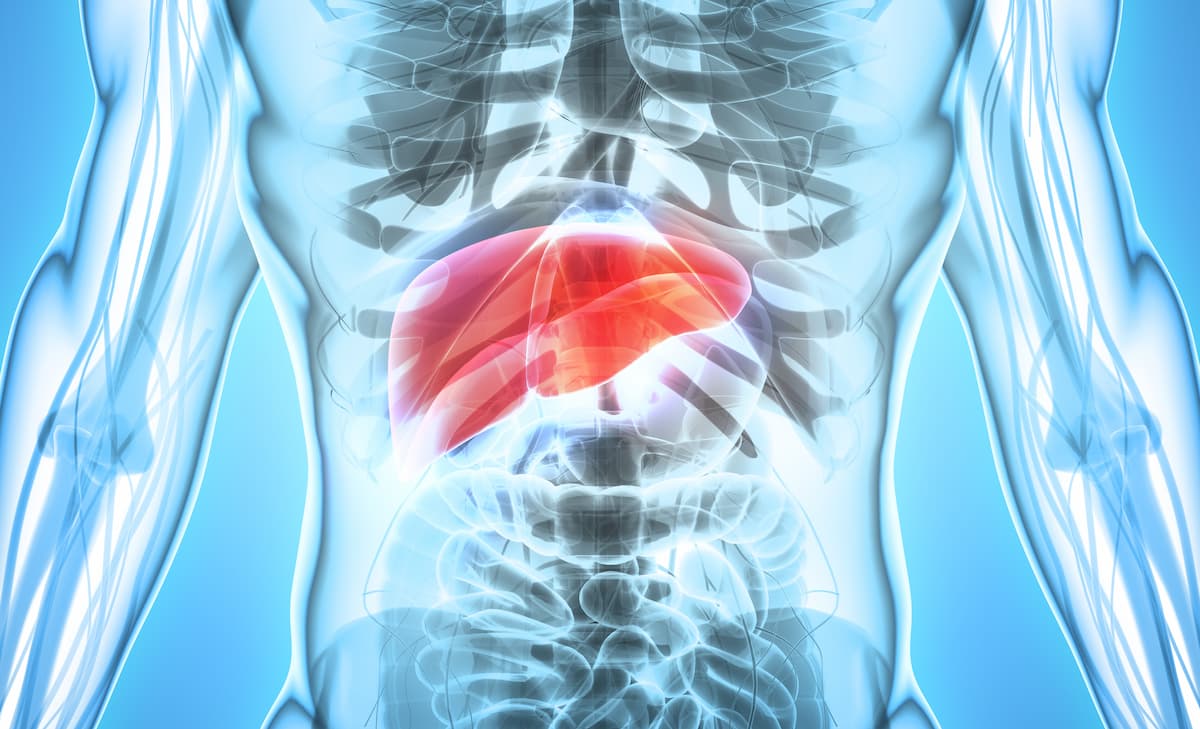
Ghassan K. Abou-Alfa, MD, Highlights Approval of Tremelimumab and Durvalumab in Unresectable HCC

Ghassan K. Abou-Alfa, MD, spoke about the recent approval of tremelimumab plus durvalumab for patients with unresectable hepatocellular carcinoma, based on results from the phase 3 HIMALAYA trial.
In an interview with CancerNetwork®, Ghassan K. Abou-Alfa, MD, an attending physician at Memorial Sloan Kettering Cancer Center, spoke about the
Abou-Alfa highlighted key findings from the phase 3 HIMALAYA study (NCT03298451) that led to the FDA approval, which showed 31% of patients receiving tremelimumab and durvalumab had an improved 3-year survival period compared with 20% of those who were treated with sorafenib (Nexavar).2 Although more research is necessary to improve the treatment of patients with unresectable hepatocellular carcinoma, he indicated that the newly-approved Single Tremelimumab Regular Interval Durvalumab (STRIDE) regimen is a step in the right direction in the management of this disease.
Transcript:
[Hepatocellular] carcinoma is still not a curable disease. As such, it's definitely a cancer with an unmet need, because we did not cure people [only provided an option for treatment]. If anything, the advent of the durvalumab plus tremelimumab [regimen] that we now call the STRIDE regimen based on the HIMALAYA study, is no doubt a step in the right direction for further improvement and survival. However, a response [displayed] can be a complete response and will be [shown] in survival that are matching up to 1/3 of the patients having a 3-year overall survival. This is no doubt a step in the right direction, but by all means, there’s still more work to do.
References
- Imjudo (tremelimumab) in combination with Imfinzi approved in the US for patients with unresectable liver cancer. News Release. AstraZeneca. October 24, 2022. Accessed October 31, 2022. https://bit.ly/3Fbwx1w
- Abou-Alfa GK, Chan SL, Kudo M, et al. Phase 3 randomized, open-label, multicenter study of tremelimumab and durvalumab as first-line therapy in patients with unresectable hepatocellular carcinoma: HIMALAYA. J Clin Oncol. 2022;40(suppl 4):379. doi:10.1200/JCO.2022.40.4_suppl.379
Newsletter
Stay up to date on recent advances in the multidisciplinary approach to cancer.





































